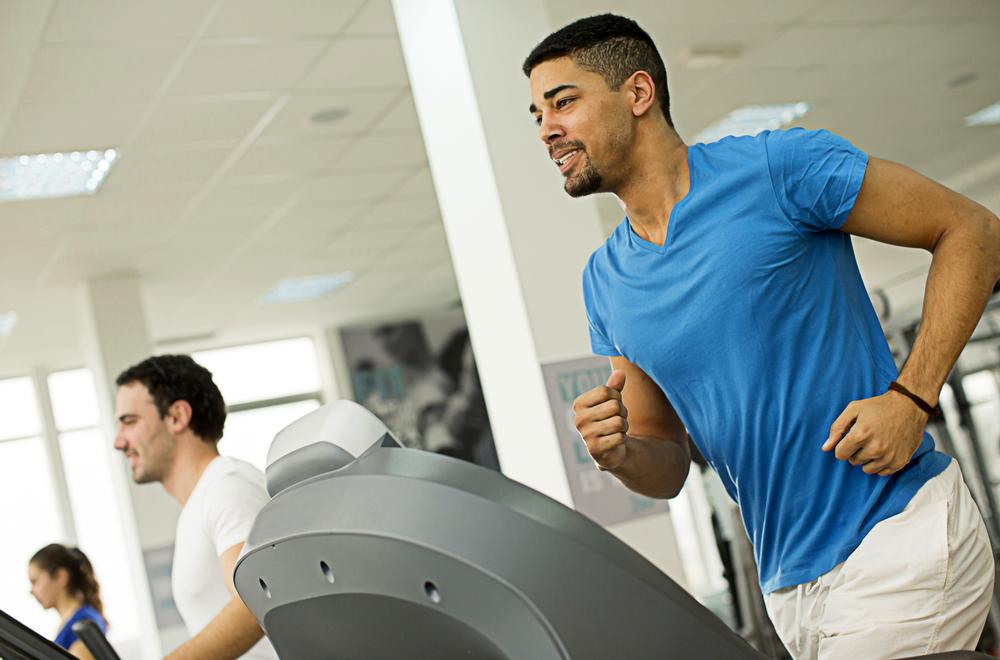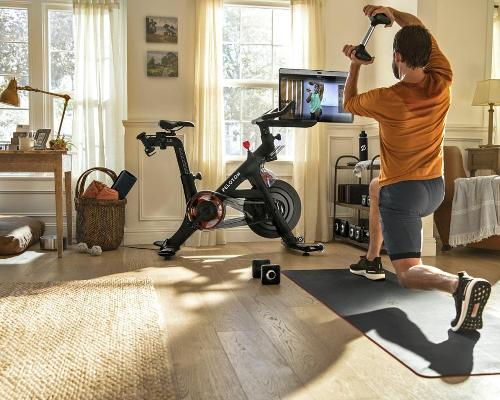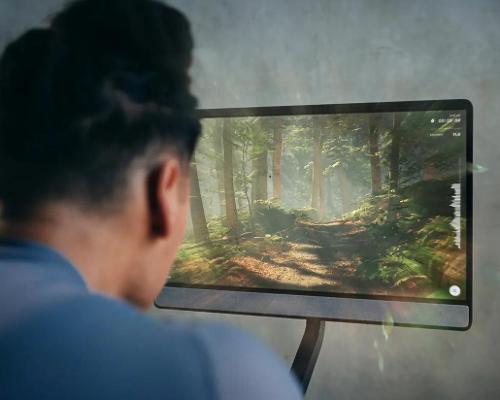Exercise is good for the brain – many studies have shown that physical activity can increase brain volume and reduce age-related brain deterioration. A recent study has gone further, looking at the effects of different types of exercise.
The study was carried out on rats, and specifically examined adult hippocampal neurogenesis (AHN) – the creation of new brain cells in an adult brain. Cell growth in the hippocampus is likely to improve learning and memory.
Past studies have found that the number of new brain cells in rats doubles or triples in response to sustained running on a wheel or treadmill. This new study, led by Dr Miriam Nokia, a research fellow at the University of Jyvaskyla, Finland, aimed to test this result against two anaerobic forms of exercise: resistance training and high intensity interval training (HIIT).
“The majority of studies have looked at how aerobic exercise affects AHN,” Dr Nokia said. “We wanted to also study the effects of anaerobic exercise and HIIT training, as these forms of physical activity are very popular among humans.”
Exercise types
To test the differences between these types of exercise, 88 rats were divided into four groups and given different exercise tasks. One group had a running wheel in their cages, allowing them to run at will. Another group was not allowed to run, instead engaging in resistance training by climbing a wall with tiny weights attached to their tails. The HIIT group was placed on treadmills and required to alternate between sprinting for three minutes and walking for two minutes for a total of 15 minutes sprinting. A control group was sedentary, with no exercise.
After seven weeks of testing, the rats were examined for evidence of hippocampal neurogenesis and very different levels were found. The running group showed a much higher level of neurogenesis than the sedentary group, supporting previous studies.
Interestingly, the researchers found a much lower level of neurogenesis in the HIIT group than in the running group, while the anaerobic group showed no difference from the sedentary group.
“According to our current results, voluntary and sustained aerobic exercise is most beneficial for the brain, at least in terms of adult hippocampal neurogenesis,” Dr Nokia confirmed. “It was surprising that the effects of HIIT and resistance training on AHN were so modest.”
Human effects
So what can these results tell us about the effects of exercise on the human brain?
Dr Nokia explained: “Adult neurogenesis has been confirmed to take place in the human hippocampus. In addition, it has been suggested that in response to aerobic exercise, similar changes in blood flow take place in the hippocampi of both rodents and humans. It is thus plausible that aerobic exercise would be beneficial for adult hippocampal neurogenesis in humans.”
Dr Nokia is mindful that there is still much we don’t know about how exercise affects the brain. She would like to see further research on the effects of long-term anaerobic exercise on the brain.
Nokia. M.S. et al. Physical exercise increases adult hippocampal neurogenesis in male rats provided it is aerobic and sustained. The Journal of Physiology. Vol 594, Issue 7, 2016.
























































